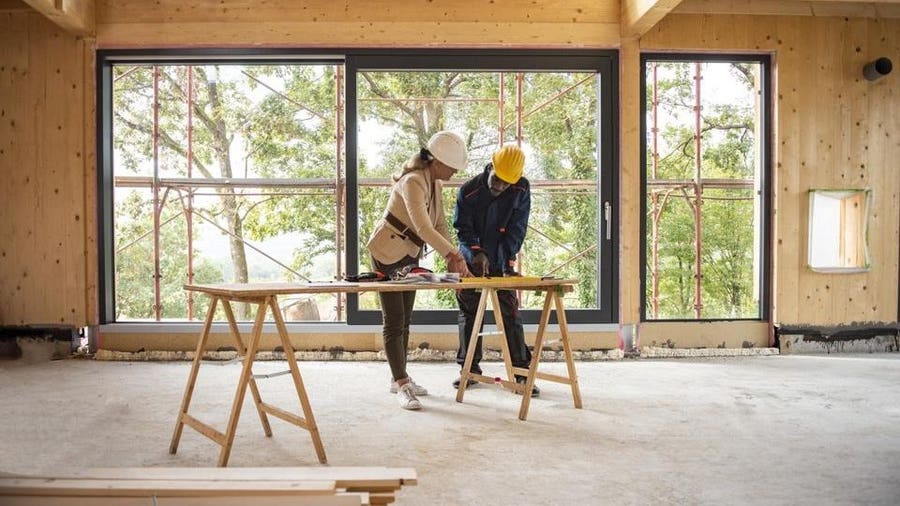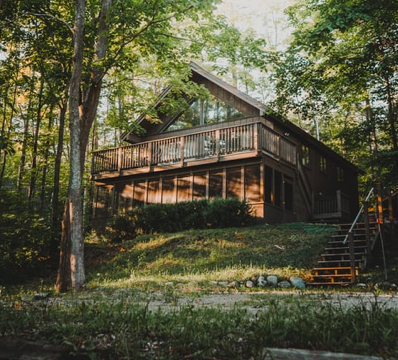Anyone who’s ever bought, sold, built or renovated a home knows it’s simply impossible to completely cover that experience in 22-50 minutes on HGTV. One of the main questions we face is, how can I properly budget a home renovation? and what updates will give me the best return when I sell?
We wanted to touch briefly on the best steps to take when planning your renovation budget template.
Set your goals and create a wish list.
what do you want out of the renovation?
Is it a simple update or, are you looking to increase the value of your home, or is it a space designed specifically for your design taste? Keep in mind that any renovation will be driven by the quality of the finishes, so keep your budget in mind and be realistic about the ultimate result you hope to achieve.
Quotes, contractors and planning
If your renovation is structural, additions, or changes shape and size, you may need an architect or design firm that will advise you on zoning and regulations in your area. Keep in mind the trades aspects ie: electrical, plumbing, HVAC, dry-walling, landscaping etc.
If the renovation is small, you may want to hire individual workers. For example, if your renovation is a new kitchen and paint, a handy-person, carpenter or painter may be all you need. Remember that pricing is often done by square footage of the area being renovated or remodeled, quality of finishes, labour time, etc.
An estimate will be based on what they think you want to be done, and work completed under these circumstances is almost guaranteed to cost more than your initial estimate. You have to be very specific about what you want to be done, and spell it out in the contractor, write down to the materials you’d like used, etc.
Be patient! Rome wasn’t built in a day.
Value of your home and neighborhood comps
if the purpose of your renovation is to increase the value of your home and get the best ROI when you sell, you need to spend enough to make the right upgrades, but not spend so much that you price yourself out of the neighborhood. If the renovation is for your own personal enjoyment, still keep this in mind!
Budgeting 101
You need to first figure out your finances for the desired project and establish if it is feasible. There are many options when weighing the pros and cons of a renovation.
Saving up the money after receiving the general estimates- you’re more likely to stay on budget because you have more time to research costs and plan the project.
Use a home equity line of credit-This is a loan that’s taken out against the equity you have built up in your home. Under current regulations, a lender will only let you borrow up to 65% of your home’s value. That means on a $500,000 home you could borrow as much as $325,000. So, if you already have a $300,000 mortgage, you could qualify for a $25,000 HELOC.
Use rebates
If you’re doing extensive renovations, consider making upgrades with energy efficiency in mind. Upgrades, like insulating the basement or upgrading windows and the home’s furnace, can help you qualify for municipal, provincial and federal rebates that can quickly add up.
However, to get access to these rebates, you must first pay for and complete a home-energy audit—a test that will tell you how energy efficient your home is (or isn’t) and then provide a list of upgrades. The audit is done in two parts (before and after) and can cost anywhere from $200 to $1,000, depending on your city, your home and the company you use. Once you’ve completed and paid for these improvements, you can submit receipts and paperwork to various rebate programs.
Are you considering a renovation? Call our team today to discuss strategy and the best items to focus on for return on investment.




